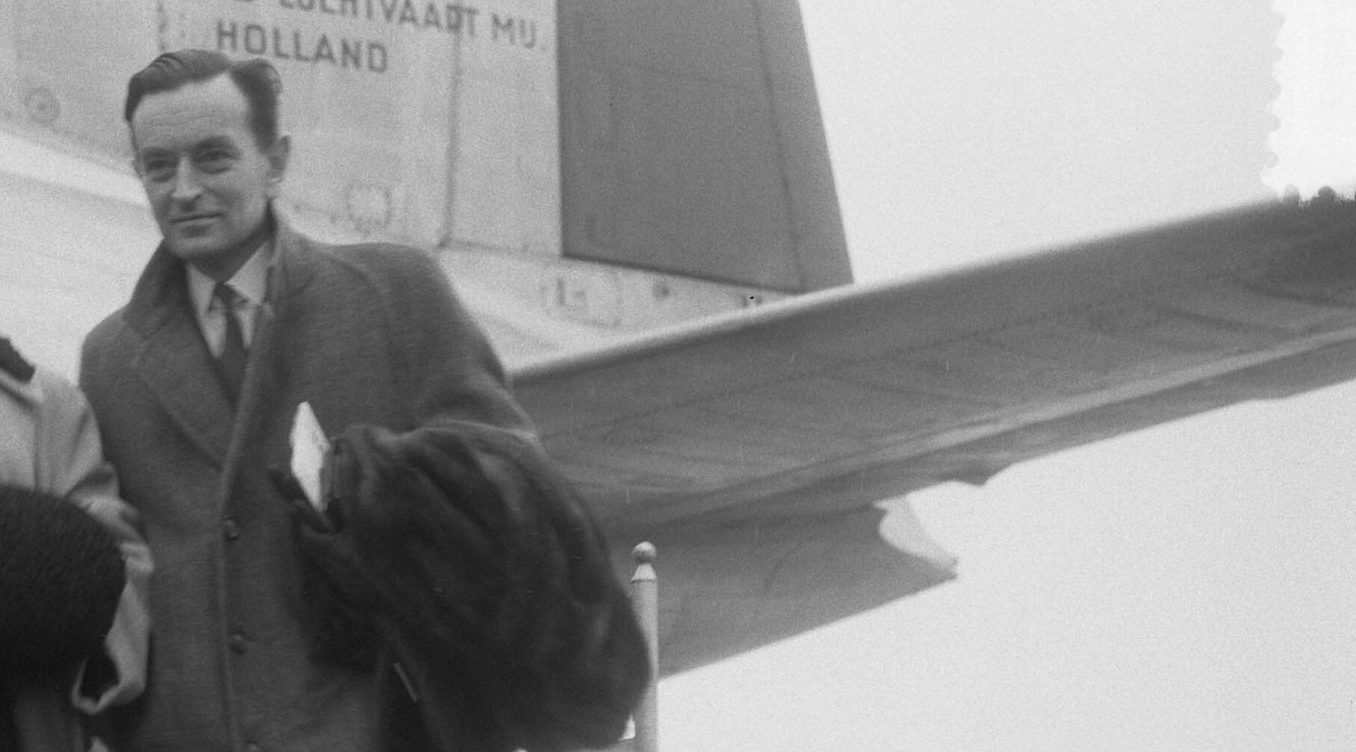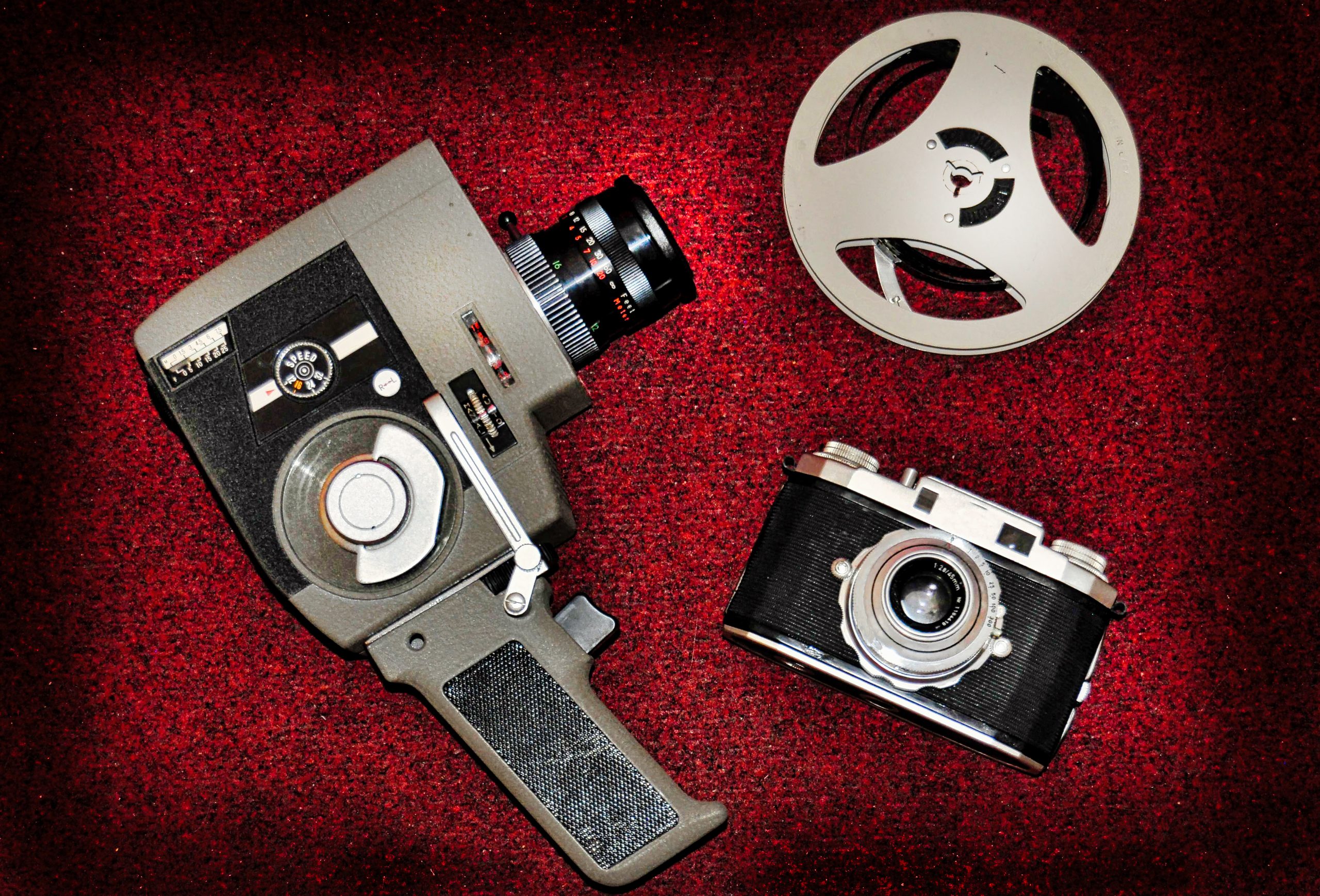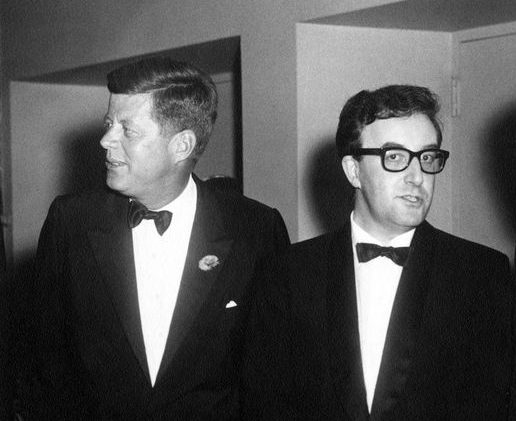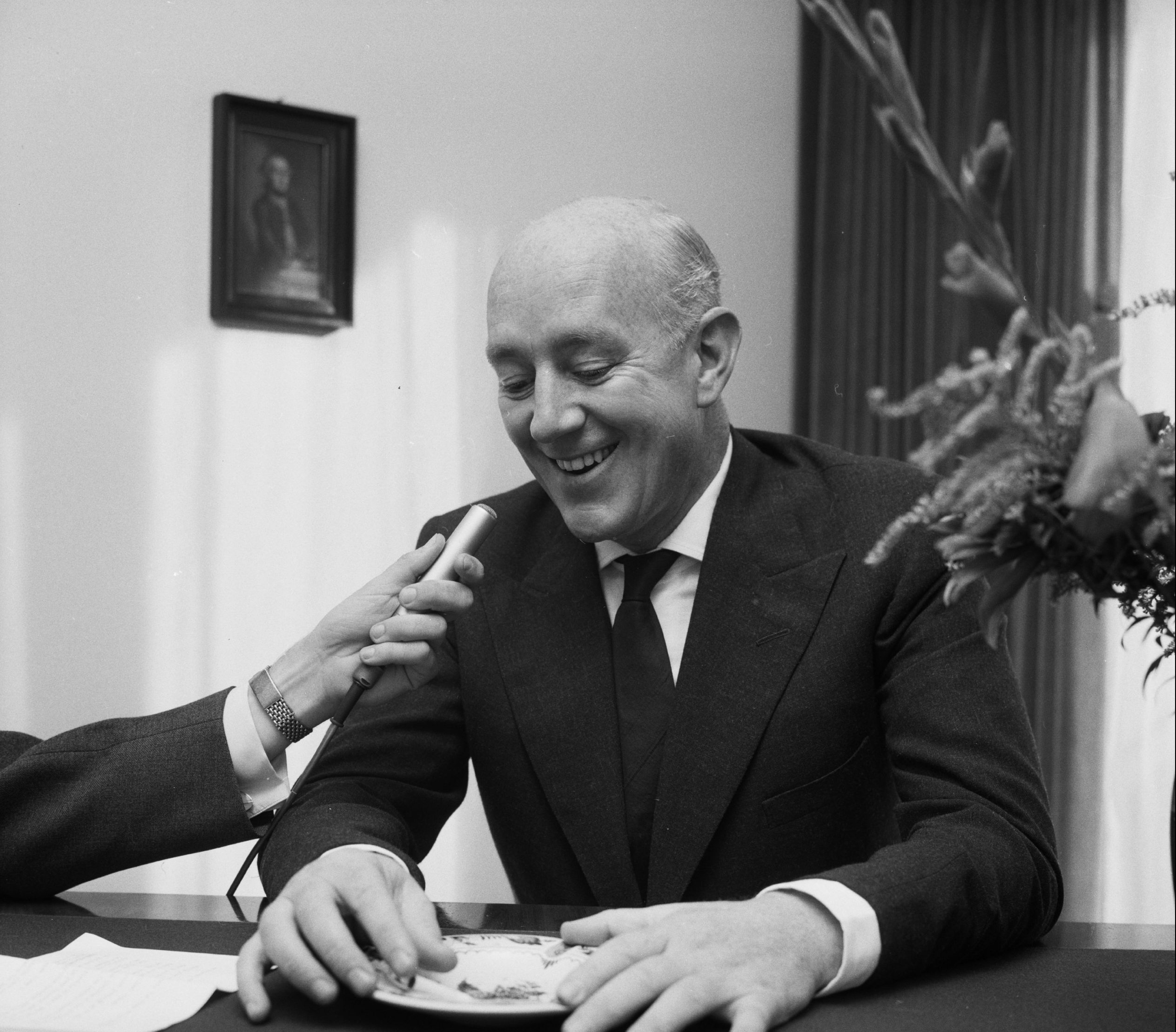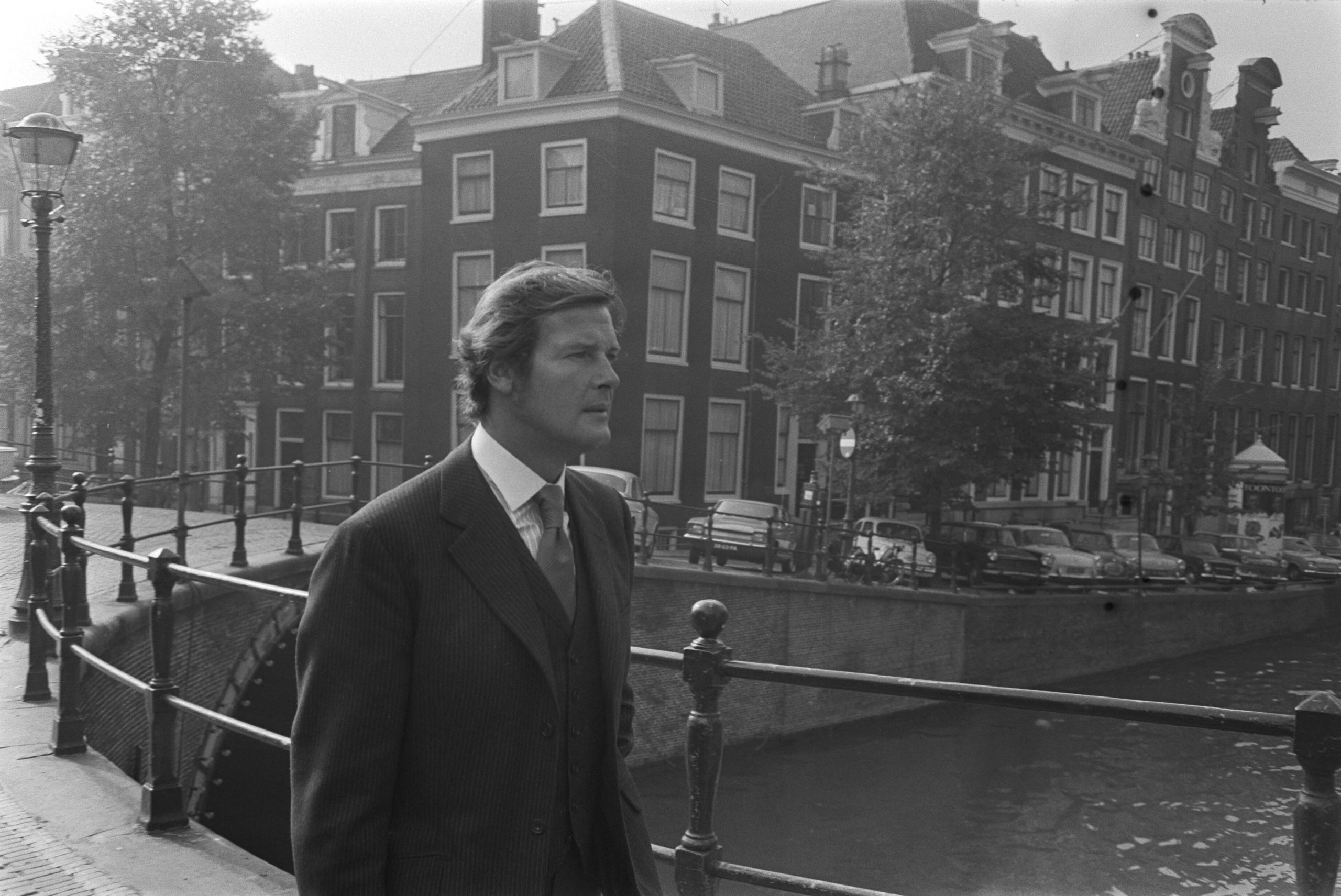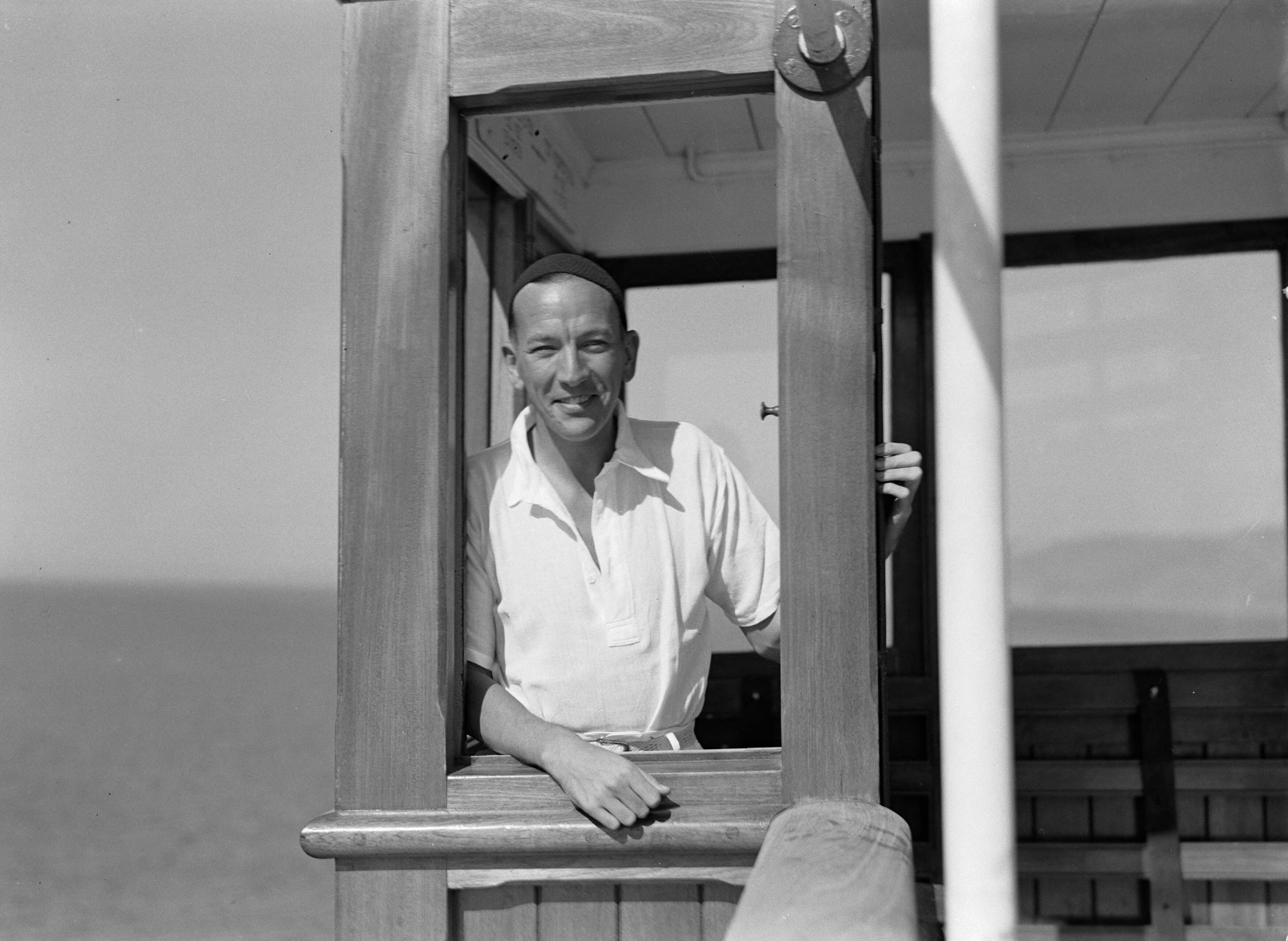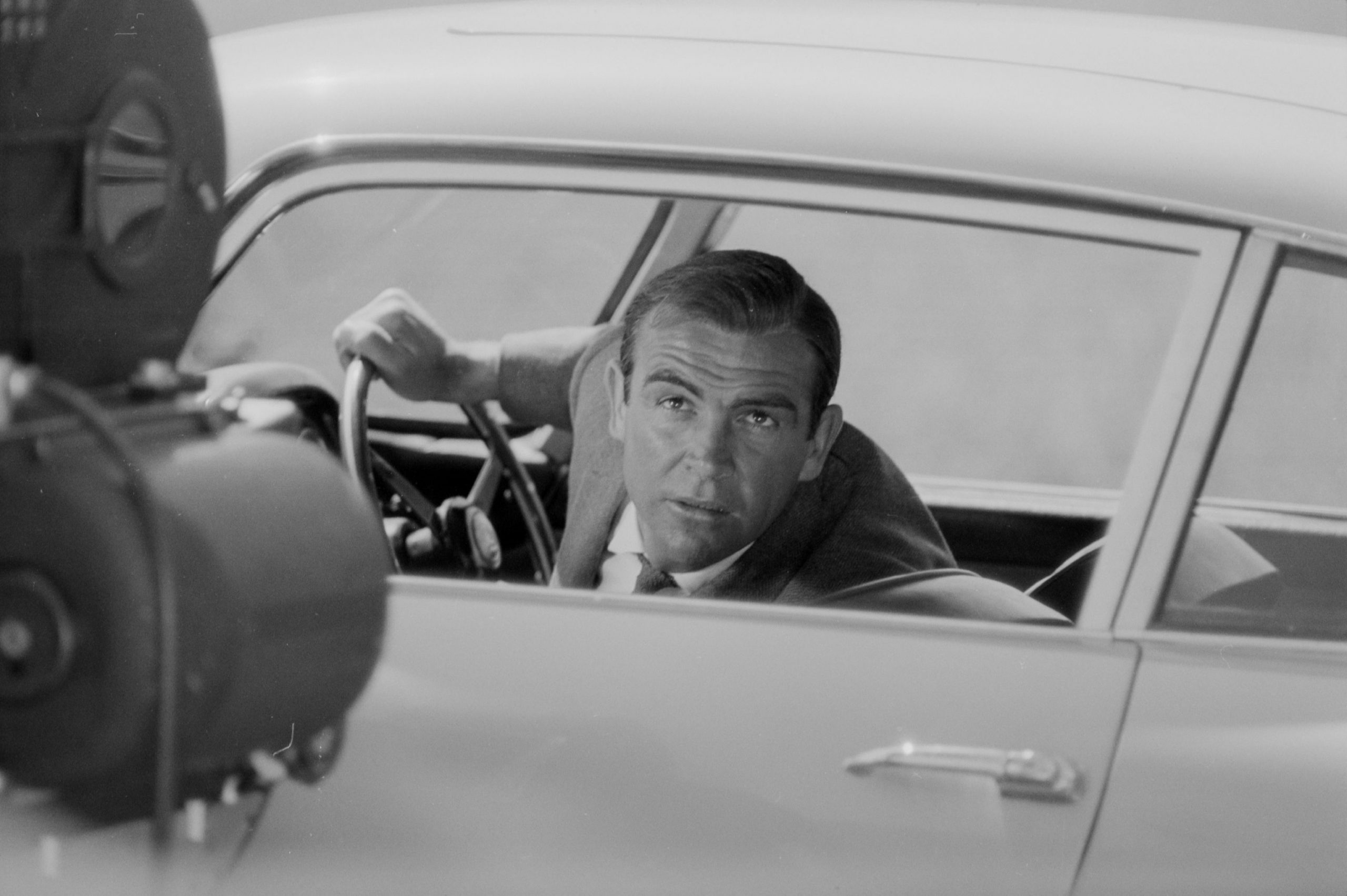When young James Mason began studying classical philology, who would have expected that he would one day become one of the most accomplished British character actors of his generation? When it became clear that there would be no place for him in the family textile business, his family decided that a career in the Indian Civil Service – the administrative elite of British India – would probably be best for him.
A degree in classical studies was a prerequisite for such a career.
But as his first summer semester began, things shifted a bit for the young student Mason: a friend invited him to discover the world of acting – for Mason an event that defined the entire course of his life. From then on, Mason regularly performed in plays at Cambridge University. At the end of his first year at Cambridge, it was clear to him that a career in the Indian Civil Service would not be the best thing for him. He switched to architecture and continued to act in plays.
David Niven and James Mason – who could have guessed in 1931 that these were two names that had the potential to serve as a benchmark for entire generations of future British actors?
Theater debut
After graduating with a degree in architecture, James Mason faced a difficult decision: Would he pursue a career as an architect or would he seek his fortune as an actor? Neither career path seemed particularly promising at first: contrary to what one might think, a career as an actor initially promised greater opportunities. A serious career as an architect would have meant that Mason would have had to attend university for a few more years. As an actor, there was an opportunity to get roles relatively quickly at the time – the theater world was bubbling over with role offers. Actors were in short supply and in demand. This was not least due to the fact that the profession of acting was still in disrepute in many circles, and many students therefore quickly abandoned the dream of acting.
James Mason made his debut as a professional theater actor on November 23, 1931, on the stage of the Theatre Royal in Aldershot: It was the same theater stage where David Niven had made his debut three years earlier. David Niven and James Mason – who could have guessed in 1931 that these were two names that had the potential to serve as a benchmark for entire generations of future British actors?
First film role
While David Niven began playing undisclosed roles in Hollywood flicks in 1932, Mason was happy to get regular work as a stage actor at smaller British theaters around this time.
Between September 1933 and April 1934, James Mason took on various minor roles at the prestigious Old Vic Theatre in London: in the meantime, Mason tried to take his first steps in the film world – but initially without success. A negative experience during the shooting of the film The Private Life of Don Juan (1934), in which James Mason was to take on a very small role, initially deterred the actor from thinking of a film career. In the summer of 1935, James Mason met the U.S. director and later acting agent Albert “Al” Parker at a party: Parker was considered a personality who immediately recognized when a person possessed acting talent. At that party in 1935, Parker recognized a great acting talent in James Mason: Parker invited Mason for screen tests and arranged a contract for him with the British agency of 20th Century Fox. A consequence of this agreement was his first engagement in a leading role in the film Late Extra in 1935.
Quota films
Despite his contract with a renowned film studio, James Mason’s film career was slow to take off: His first films were considered so-called quota films, which had to be shot as a result of the Cinematograph Films Act of 1928. This piece of legislation stipulated that cinemas had to show a certain number of films produced in Britain.
What was originally created to promote the British film industry soon turned into the opposite: the so-called quota films of the 1930s were considered mediocre, and British productions usually didn’t stand a chance against the big productions from Hollywood.
With the start of World War II, Mason’s prospects of landing a high-profile film role didn’t exactly improve: Mason confessed at the time that he was a pacifist and rejected wars of all kinds. This view kept many filmmakers who had a different attitude toward World War II from casting James Mason in a film.
This characteristic represents another difference from other British actors of his generation – whereas David Niven fit perfectly into a uniform, Mason refused to wear a uniform on principle.
No one seriously believed in the actor James Mason in the late thirties and early forties.
Failed film project
The mixed results of James Mason’s film project I Met a Murderer (1939) quickly spread through the industry: the screenplay was written by Mason himself with his wife-to-be Pamela. Pamela’s father was the president of the film distribution company Gaumont-British: it was assumed that, thanks to this connection, the film would find its way into theaters without any problems.
But the management of Gaumont-British decided – despite the family connections – not to include the film in the program: For James Mason this decision meant that a whole year of work had been in vain. The damage to his reputation was immense. The negative copy of the film was shipped to the United States and is said to have been lost in a submarine attack. Although another copy of the film later surfaced, no one showed any serious interest in screening it. Although I Met a Murderer was considered a showpiece from an intellectual point of view – today the film has collector’s value – the film could not be marketed at the time.
Does it take more than the typical British gentleman?
At that time Mason liked to retire to a cinema and enjoy the films of Buster Keaton – a big film success of his own was far from appearing on the horizon. He was to express his fondness for Buster Keaton’s films in a special way later on…
No one seriously believed in the actor James Mason in the late thirties and early forties: Not least because of his opposition to the Second World War, many filmmakers were reluctant to cast him.
Nevertheless, one thing was certain: if the British film world were to represent itself internationally solely through the portrayal of the typical gentleman – as embodied by David Niven – it would not survive.
By the end of the forties at the latest, there would be a need for versatile and accomplished character actors – but would James Mason be the right choice?
Main source: Morley, Sheridan: Odd Man Out: James Mason – A Biography, 2016 Dean Street Press
Cover picture: © Simon von Ludwig

 Deutsch
Deutsch